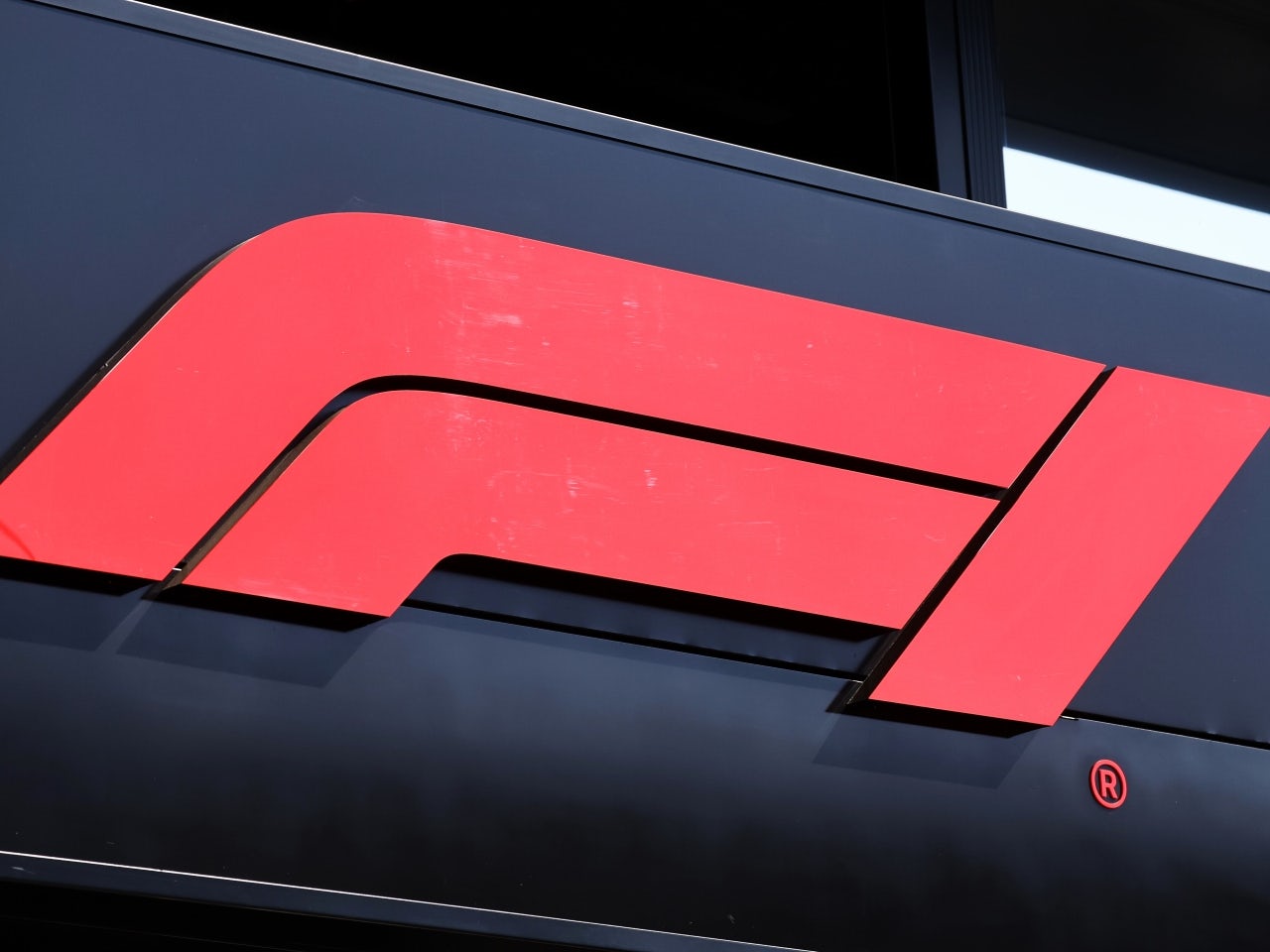A Formula 1 analyst believes he may have unravelled the mystery behind McLaren's commanding tyre performance advantage in the 2025 season.
Mercedes driver George Russell marvelled at McLaren's recent consistency when it comes to tyre performance, noting: "On their worst days, they're still the best."
He highlighted their ability to quickly bring tyres up to temperature while maintaining minimal degradation over long stints, adding, "It all points to nine teams doing something wrong."
Red Bull has been vocal about McLaren's tyre dominance, privately suggesting the team might be injecting water into Pirelli tyres.
McLaren CEO Zak Brown mocked the idea in Miami by sipping from a 'Tyre Water'-marked bottle, while FIA president Mohammed Ben Sulayem cautioned Red Bull against filing a baseless protest. "I agree with Zak that if you lodge a protest, the cost should come out of your cost cap, and you only get it back if you're proven right," he said.
Pirelli's F1 boss Mario Isola also debunked the theory, stating: "We monitor tyre pressure and temperatures constantly through sensors. Forcing water through the valve or any part of the tyre would be immediately visible in the data. It's not just highly unlikely, it's almost impossible under the current FIA monitoring system."
A compelling new hypothesis has emerged, detailed by journalist Michael Schmidt in Germany's Auto Motor und Sport. Schmidt recalled Red Bull's complaint last year about McLaren using brake temperature sensors outside free practice sessions.
"It's also notable," he said, "that McLaren often do aggressive long runs in FP3, leaving the competition far behind. Perhaps they're trying to find something out under extreme conditions."
Schmidt suggests McLaren may be employing 'phase change materials' (PCM) in components around the brakes. These materials can store and release thermal energy during a solid-to-liquid phase transition, potentially explaining Red Bull's observation of moisture emanating from McLaren's wheel rims.
"Perhaps fluid was sweating out during the phase transition," Schmidt speculated.
"Admittedly, it all sounds a little other-worldly, but it's at least plausible - and there's some evidence to support this. For example, Red Bull's disruptive tactic about the water in the tyres," Schmidt continued.
He noted that even if rivals have deduced McLaren's approach, replicating it is challenging. Schmidt also posits that Red Bull may be experimenting with similar materials, citing Max Verstappen's recent complaints about brake performance.
"When asked whether this was related to tyre cooling, team boss Christian Horner gave only monosyllabic answers," Schmidt concluded.







